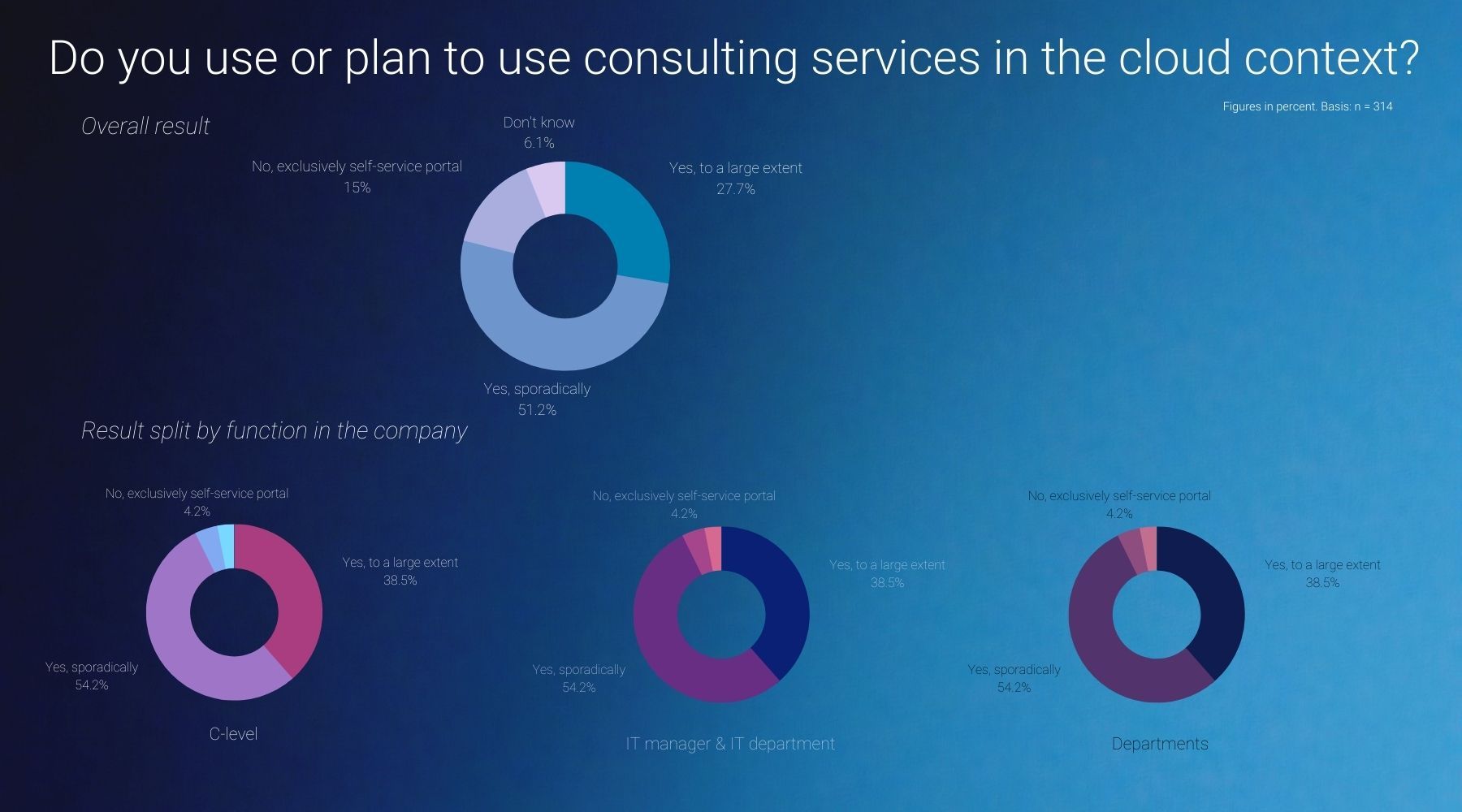The number of cloud services used in companies is increasing: 33 percent of respondents plan to use "very many" services from the cloud within the next two years - currently the figure is 24 percent. In your experience, what is motivating companies to do this?
Ulrich Kreitz: Where cloud solutions are concerned, in the sense of Software-as-a-Service, Infrastructure-as-a-Service and SAP cloud applications, the first aspect is financial. Companies can implement their digitalization strategy without an immense initial investment. They rent software, pay per user and month. In this way, cloud technology shifts costs from capex (capital expenditure) to opex (operational expenditure). Companies that rent infrastructure from a hyperscaler, for example, instead of building and maintaining their own computing and server capacities, have the same advantage.
Added to this are the typical added values of a cloud application: Operation is stable, short update cycles allow regular innovations. Standardization makes cloud solutions quick to introduce and easy to operate with little effort. Local and legal requirements are also usually regulated by the provider, so companies can transfer complex governance tasks.
Christian Fischer: I would like to add two points: Outsourcing (routine) tasks also makes sense for companies because it saves them resources and gives them capacity for their strategic transformation programs. This is where internal IT expertise is more in demand than ever. The core business then benefits from these talented employees. And: External cloud solutions are easily scalable, resources can be ramped down and up as required, which saves costs and at the same time supports or enables rapid business changes.







